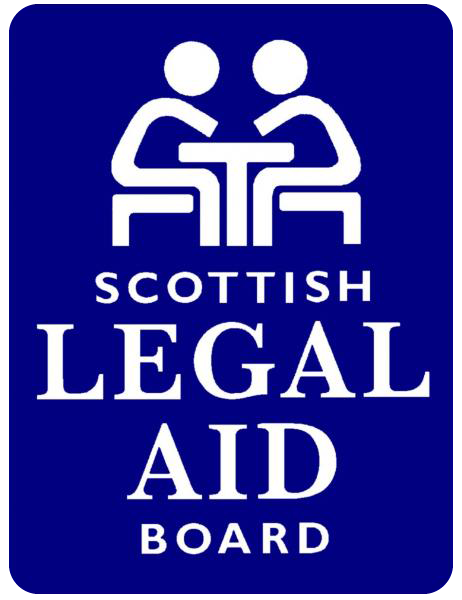Radical measures, such as a minimum one year learning period, restrictions on night time driving and lowering the alcohol limit for driving are now needed to reduce the high crash risk young drivers face, according to a new report from the Association of British Insurers (ABI).
In the UK only one in eight driver licence holders are aged 25 or under, yet one in three who die on our roads is aged under 25. An 18 year-old driver is more than three times as likely to be involved in a crash than a 48 year-old driver.
The ABI is calling for the following measures to improve the safety of young drivers:
- A minimum 12-month learning period before taking the driving test to enable young learner drivers to gain more supervised practice.
- A ban on taking an intensive driving course as the sole means of learning drive.
- The lowering of the age at which young people can start learning to drive to age 16 and a half.
- Graduated driver licensing. This would include restrictions on the number of young drivers that can be carried by a young driver in the first six months after passing their driving test, reflecting the fact that the crash risk increases significantly with young passengers in the car. It would also include, during the first six months, restrictions on young drivers driving between 11pm at night and 4am. There would be an exemption, allowing young drivers to drive to their workplace or in connection with education.
During the graduated phase there would be a lower blood alcohol driving limit. This would, in effect, be a zero limit as it would only allow for the consumption of alcohol linked to products such as mouthwash



